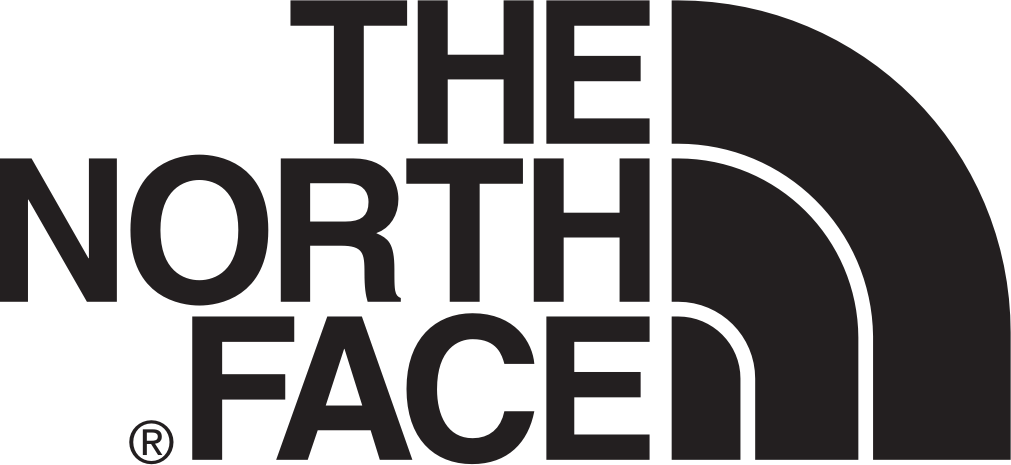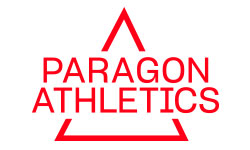Partners
The journey I’m on would not be possible without the generous support of so many, including my sponsorship partners. From the beginning, these companies placed their trust in me and have played a huge role in allowing me to chase goals I once thought impossible.
-
 The first company I worked with, I’m honored and humbled to continue to partner with The North Face and to be a member of a Global Athlete team that includes some of the greatest pioneers and awe-inspiring athletes of our time. I look forward to a long and adventurous relationship with The North Face. Visit The Northface
The first company I worked with, I’m honored and humbled to continue to partner with The North Face and to be a member of a Global Athlete team that includes some of the greatest pioneers and awe-inspiring athletes of our time. I look forward to a long and adventurous relationship with The North Face. Visit The Northface
-

This company is Flagstaff through and through—created by long time resident Danny Giovale, Kahtoola is at the forefront of light and effective winter traction devices. The MICROspikes are now a classic and I was happy to provide feedback during the design of the new running focused NANOspike. Danny is inspirational member of our community and each year Kahtoola hosts the Agassiz Uphill event at Arizona Snowbowl, raising tens of thousands of dollars for Camp Colton, a local outdoor leadership camp for all sixth graders in the school district.
Visit Kahtoola -

I still remember my first pair of Smartwool ski socks as a young lad. My excitement over a great pair of socks hasn’t changed much since then. They are constantly refining, perfecting, and striving to create the very best. Whether on the ski hill or the trails, they always have me covered.
Visit Smartwool -

A Flagstaff connection is at the roots of this partnership going all the way back to 2007 when I shared miles Magdalena Lewy-Boulet was she prepared for the 2008 Olympic marathon trials. Now the vice president of research and development at GU, as well as one of the best ultra runners in the word, I'm proud to call her a friend. GU is constantly working to keep things fresh in the taste department and use the latest science to constantly update and refine their products.
Visit GU Energy
-

Another long standing friendship is at the root of this partnership. I met Lauren Fleshman, owner and genius behind Picky Bars, a decade ago as she prepped for the 2008 Olympic trials. I've long respected Lauren and her husband Jesse, co-owner of Picky Bars and a world class triathlete. I was honored to join their inaugural athlete team. Athletes making quality fuel for life and training is a beautiful thing. Bonus: They regularly save Christina and I from losing it in a hangry rage and our relationship thanks them!
Visit Picky Bars
-

Ryan and all the wonderful people at Paragon have helped me get back on my feet after injury and more importantly address weaknesses to prevent future injury. Their assessments and plans are invaluable and their strength work classes are fantastic.
Philosophy: Prehab is built on the concept that the movement assessments typically used in a physical therapy setting post-injury should be used in a training setting pre-injury.
Visit Paragon Athletics